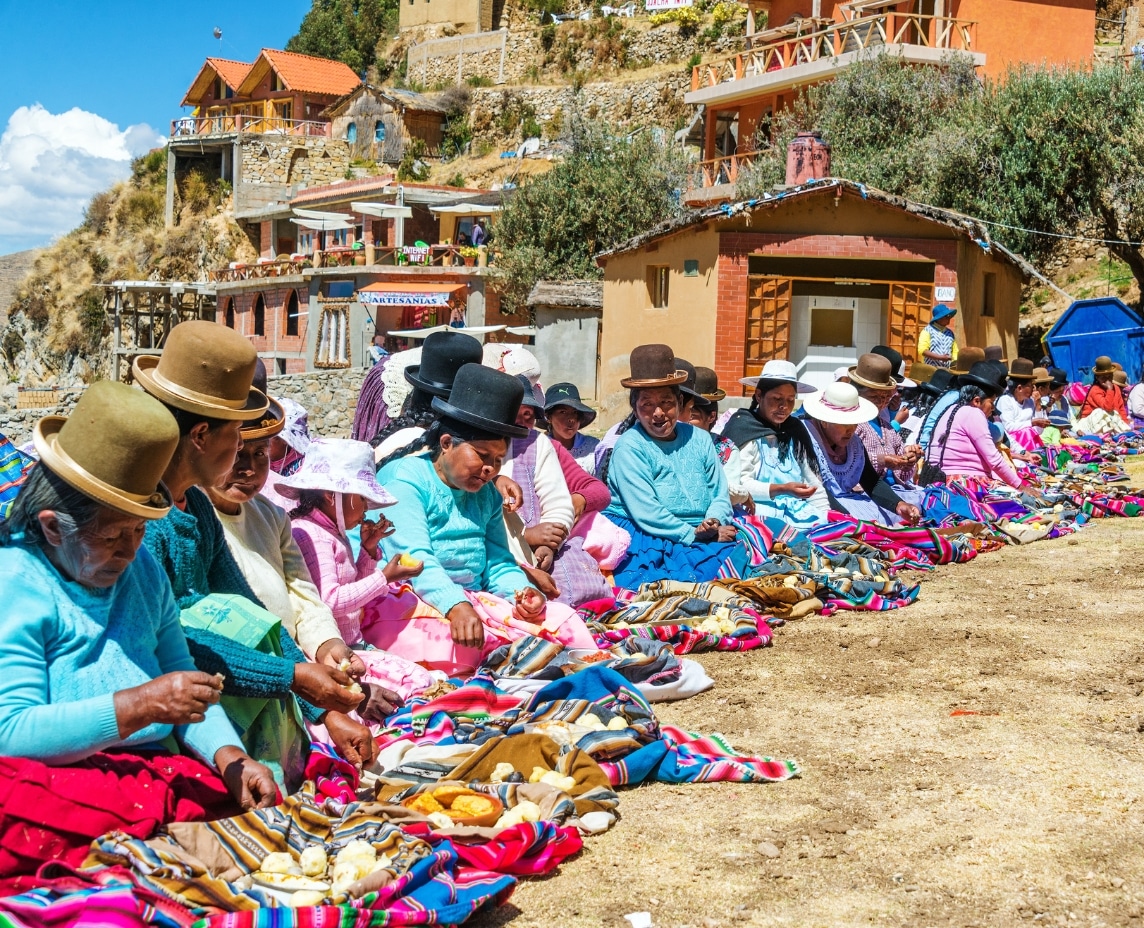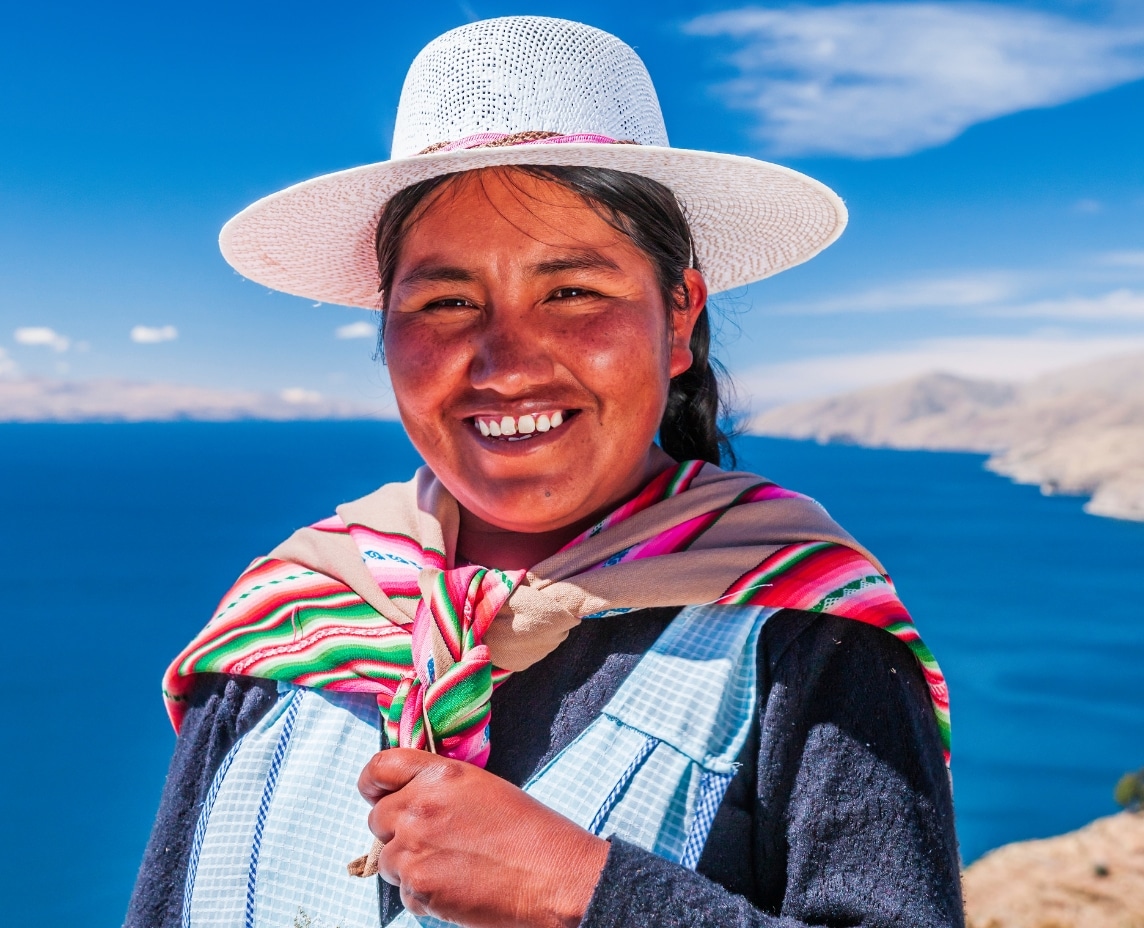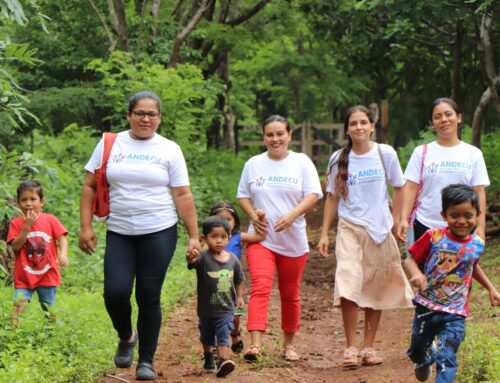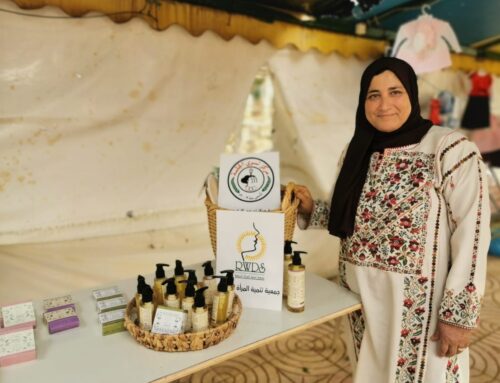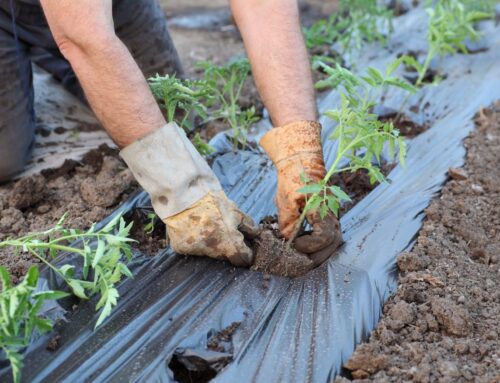Dual technical training and creation of alliances: young Aymara women have new opportunities to access decent work and self-employment in Bolivia
The objective of the Project is to respond to the discrimination suffered by Bolivian migrant women of indigenous origin, Aymara descent, who live in the peri-urban areas of the Metropolitan Area of La Paz, violating their access to employment in conditions of equality and security.
Thus, this Project is considered as a pilot initiative to put into practice a technical-dual professional training (in which the educational center and the Company are co-responsible for the student’s training), promoting employability and job creation, which help reduce poverty and inequality.
For this, first of all, it will try to generate skills in those responsible for technical-professional training and the labor market to improve the quality of training aimed at employment and entrepreneurship.
Secondly, young Aymara women will be promoted to acquire professional skills appropriate to the labor market, for their access to employment or the development of a business. For this, basic or life skills (financial education, functional literacy, etc.) will be worked on; job and business skills, such as cooking and hospitality techniques; and also basic knowledge of business operation, with direct participation in the day to day of companies. In addition, the improvement of the facilities of the educational center and the creation of new training tools are foreseen.
Thirdly, work will be done to establish a support network for women’s employment through business alliances, which contributes to their practical training and access to the labor market in safe conditions, promoting their rights and making visible the need to create safe spaces free of violence and harassment for them in the workplace.
At the social level, in addition, the important socioeconomic and productive role of groups that suffer a situation of discrimination will be valued, on the one hand, to generate changes in mentalities, attitudes and behaviors, and also their Aymara cultural identity, with the incorporation of traditional knowledge in gastronomy and food, which will help reinforce their cultural identity, as well as give visibility to their ancestral Bolivian culture.


